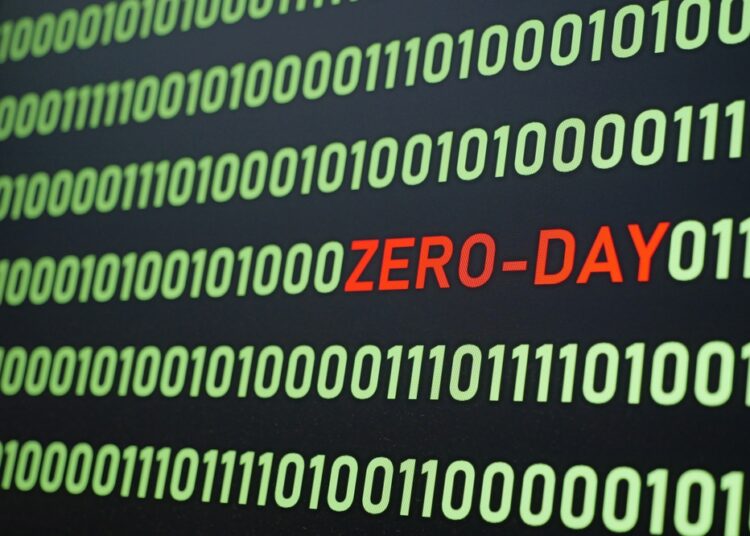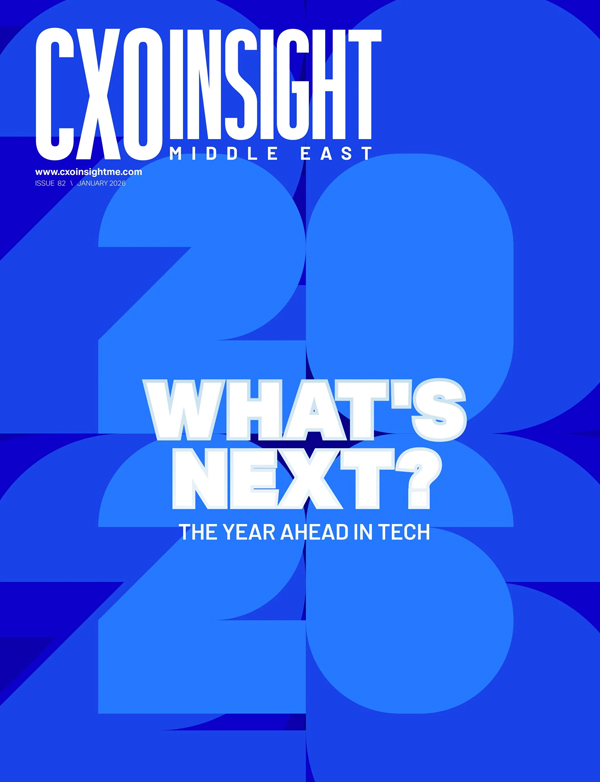Even for those of us who have been working in the technology industry for decades, the pace of change over the past 12 months has been extraordinary.
Once again, we’re left in no doubt that technological innovations are bringing both huge opportunities and more complex challenges than we’ve faced before, and they show no sign of slowing down. Keeping pace with the changes and their implications — for vendors, customers, and regulators — demands focus, energy, and diligence.
The key technological trends that we see affecting the security sector in 2024 reflect this rapidly evolving environment. As ever, they’re a mix of positive opportunities to be grasped, alongside the challenges that need to be addressed.
- The potential for generative AI in the security sector
Previous technology trends posts have highlighted the potential for AI and deep learning in the security sector, with a particular focus on advanced analytics on the edge of the network, in cameras themselves.
This proliferation of deep learning to the edge is accelerating. Virtually any new network camera being launched features deep learning capabilities, which vastly improve the accuracy of analytics. These capabilities are the foundation for building scalable cloud solutions as they remove such heavy bandwidth requirements, reduce processing in the cloud, and make the system more reliable.
However, in terms of AI, 2023 has been the year where large language models (LLMs) as the basis for generative AI have forced their way into public consciousness. This form of AI supports the creation of new content — words, images, even video — based on natural language prompts and questions from users.
Every business is looking at the potential use case for generative AI, and the security sector is no different. In 2024, we will see security-focused applications appear based on the use of LLMs and generative AI. These will likely include assistants for operators, helping them more accurately and efficiently interpret what is happening in a scene, and as interactive customer support, providing more useful and actionable responses to queries from customers. In addition, generative AI has already proven its value in software development, and this will be a benefit seen throughout the security sector.
We do, of course, need to be aware of the risks and potential pitfalls of generative AI. There will be debates over which models to employ and how, and particularly around the use of open-source vs proprietary models, but the biggest risk will be to ignore it.
- Solution management efficiencies driving hybrid architecture
Hybrid solution architectures — those employing the advantages of on premise, cloud, and edge technologies — are now established as the new standard in many security solutions. Functionalities are deployed where it is most efficient, utilising the best of each instance in a system, adding an increased level of flexibility. Ultimately, system architectures should be in service to the customer’s needs, not the vendor’s preferred structure.
To a great extent, it’s a question of accessibility. The more of a solution that exists in environments easily accessible to both vendors and customers, the more ability vendors have to manage elements of the system, taking a greater responsibility and reducing the burden on customers.
Hybrid architectures also support the forthcoming use cases for AI support and automation in solution management and operation; increased system accessibility being valuable to both human support and that from AI, taking advantage of each different instance’s strengths.
- Security always, but safety too
Security and safety have often been connected as a single subject. Increasingly they are being recognised as separate use cases: security being related to preventing intentional acts — break-ins, vandalism, aggression towards people, etc. — and safety related to the unintentional dangers and incidents that can cause harm to people, property, and the environment.
For a number of reasons, the use of video surveillance and analytics in safety use cases is growing fast and will continue to do so.
One reason, unfortunately, is climate change. With extreme weather conditions causing floods, wildfires, landslides, avalanches, and more, video surveillance, environmental sensors, and analytics will be increasingly used by authorities to give early warning of potential disasters and support the most rapid and effective response.
Risk management, compliance to health and safety directives, and regulatory requirements is another key reason for the continued growth in safety-related use cases. Video surveillance will be used extensively within organisations to ensure adherence to H&S policies and safe working practices, such as the wearing of required Personal Protective Equipment (PPE). Where incidents do take place, video surveillance will be an increasingly useful and important tool in investigations.
Security as a use case for surveillance is well-established. Safety will continue to evolve.
- Regulation and compliance driving technology
Speaking of compliance, the global regulatory environment is having an increasing impact on the development of technology, its application, and use. Compliance with these is something that vendors and end users need to be aware of and should be looking to work in close partnership to ensure.
AI, cybersecurity, sustainability, corporate governance — all are areas coming under greater regulatory scrutiny. Vendors need to develop their own technologies and operate their own businesses in ways that support their customers’ compliance requirements.
Increasingly, the regulatory landscape covers more than the specific development and use of technology itself. Geopolitics and trade relations between nation states are also leading to regulations that demand transparency to a component level if vendors want to maintain a license to operate in key international markets.
It’s a constantly evolving and changing area, and one which requires constant diligence, development, and transparency throughout the value chain. For users of security technology, it’s a question of trust. Can they be sure that every link in their supply chain is operating in a way that supports their own regulatory compliance?
- Taking the ‘total system’ perspective
The impact of every aspect of a security system will be under increased scrutiny, with vendors and customers needing to monitor, measure and, increasingly, report on a broad range of factors. Taking a total system perspective will be essential.
Energy consumption is a good example. A video camera itself consumes a relatively small amount of energy. But when also considering the servers, switches, hubs, and routers through which the data is transferred, sitting in large data centres that require cooling, the picture changes.
This total system perspective is useful and should be welcomed by the industry. It will lead to innovations in new technologies and cameras that bring benefits throughout the system, not in isolation. Cameras that reduce bitrate, storage, and server load with the intention of reducing server cooling requirements are a good example. More efficient transportation of products, sustainable packaging, and the use of standard components can all also play a part. Visibility and greater control across the supply chain is essential.
We all accept that total cost of ownership (TCO) is an important measure, but security vendors will increasingly need to consider (and be transparent about) total impact of ownership, taking non-financial aspects into account, including environmental and societal. It will no longer be possible for vendors to operate in isolation of their own and their customers’ value chains.
We have no doubt that 2024 will see further advancements in technology, and with that bring further challenges for us all to navigate. As ever, we’re looking forward to working with our partners and customers to ensure positive outcomes for all, within the sector and beyond.










Discussion about this post